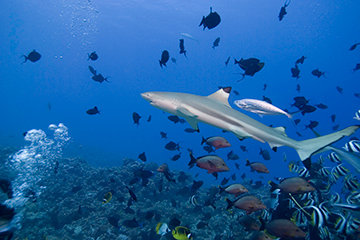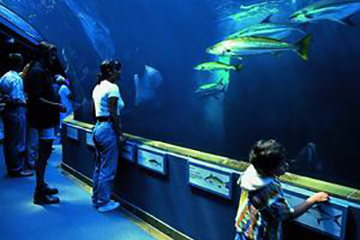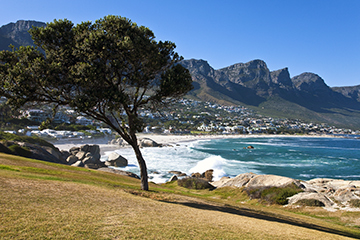National Marine Month 2015
October was declared National Marine Month in 1998 to create public awareness about marine conservation to remind South Africans of our good marine heritage that is a source of employment and recreational opportunities for all of us. National Marine Week coincides with National Marine Month and is celebrated in the second week of October (12 to 18 October 2015). The 2015 theme for Marine Week is #OCEANS 70/20: Decoding Mysteries, Optimising Opportunities.
Understanding our oceans

This year’s theme for Marine Week is #OCEANS 70/20: Decoding Mysteries, Optimising Opportunities.
Oceans = Opportunities for Community and Economy: Advantages from Natural Services.
70/20 = More than 70% of earth’s surface is covered by ocean and South Africa is currently celebrating 20 years of freedom. It marks what government has achieved in the last 20 years but also what is planned over the next 20 years.
Decoding mysteries
The oceans are a mysterious place, unexplored and full of wonder. There are many discoveries waiting to be made including scientific discoveries and innovations. These mysteries need to be deciphered and uncovered to show ordinary citizens how the importance of the role oceans in our daily lives.
How can we optimise opportunities?
The oceans are a vast natural resource and as a developing country, we need to make use of the following resources sustainably:
The fishing industry

- This industry is of great socio-economic importance in the Western Cape: it creates income for small-scale fishermen, and provides food and income for subsistence fishing communities.
- Larger fishing companies also fish in the surrounding waters of the Western Cape, which contributes to the local economy. The Western Cape also further relies on the state of its pristine beaches and coastline to encourage and sustain our flourishing tourism industry.
- We need to ensure that fishing does not exploit fish stocks.
- We need to also make sure that our coastlines are free of pollution.
- Find out which species of fish are okay to consume by checking the Southern African Sustainable Seafood Initiative (SASSI) list.
Last year the Sustainable Seas Trust (SST) announced the launch of 5 international marine conservation areas, called Hope Spots: Aliwal Shoal, Algoa Bay, Plettenberg, Knysna and the Cape Whale Coast.
The False Bay Hope Spot was the fourth Western Cape and sixth South African Hope Spot, to be launched in December 2014.
Celebrating our oceans.

The province has also rolled out a plan to do public activity driven campaigns.
The Two Oceans Aquarium in collaboration with the Western Cape Department of Environmental Affairs and Developmental Planning will have a special outreach programme for selected schools in the Overberg region from 26 to 30 October 2015. It is based on the understanding that many rural schools don’t have enough resources and access to the facilities offered by the Two Oceans Aquarium. Activities include taking live animals to the rural schools in a custom designed vehicle in an effort to make quality education possible.
The department is also supporting an event on the West Coast between13 to16 October 2015 in collaboration with CapeNature and Lamberts Bay Bird Island Nature Reserve. The activity deals with animal life on the island which includes explanations of how they’ve adapted to their environment. It also touches on the importance of the foodwebs, their diets and their feeding habits.
To find out how you can get involved in making our beaches clean, visit Cape Town Beach Clean-up, an initiative that gets volunteers together every first Saturday of the month to clean up our beaches. On this website you can also find out what you and your family can do to make sure our oceans are healthy.


